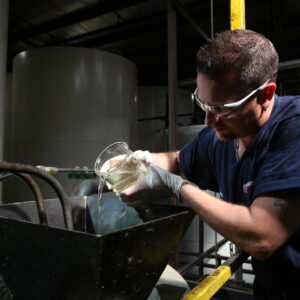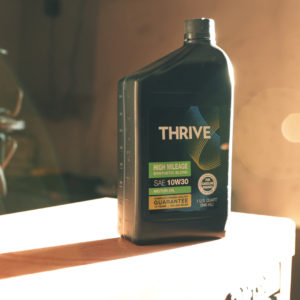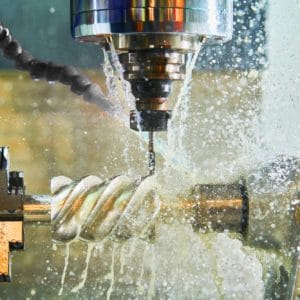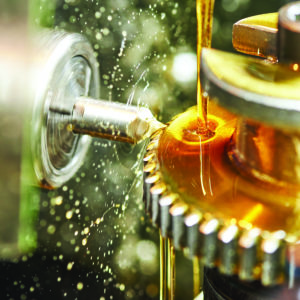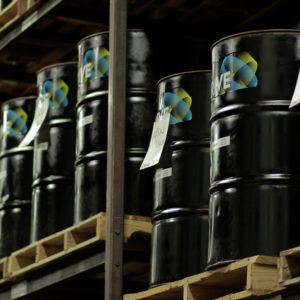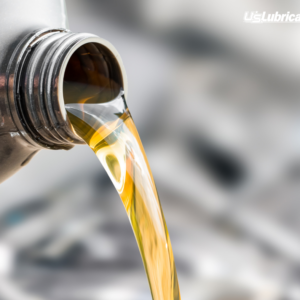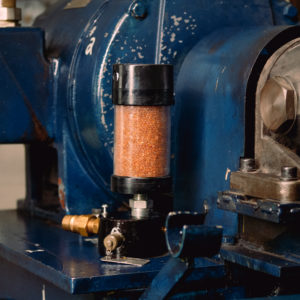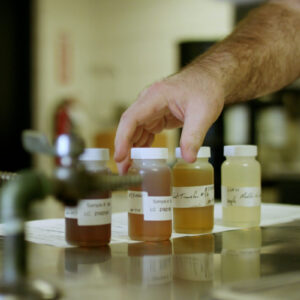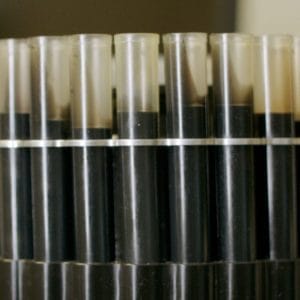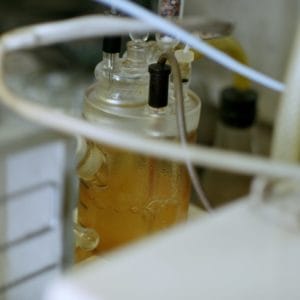Finding a reliable and certified lab to partner with is critical for your short line railroad, terminal, port, or mechanical shop. We encourage you to explore alternatives to your current oil analysis lab, focusing on a few specific attributes like turnaround time, superior customer service, quality standards, and lubrication program expertise. The tips below will help you select a partner that meets your needs.
Prompt Service Levels
Efficient turnaround time and quality service levels are critical attributes of a lubricant analysis lab. A reasonable expectation for receipt of a generated report is within 24 to 48 hours after the sample is delivered to the lab. When considering turnaround time, shipping time should be factored in, as results become less and less relevant with each day that lapses from the time the sample is pulled. Machinery Lubrication recommends that oil samples be dispatched within 24 hours of extraction. Quality customer service is important to ensure that your questions are answered clearly and in a timely manner, and that any misunderstandings are clarified as you interpret the analysis report. After all, recommendations provided in the report are only useful if you understand them and are able to quickly take action to support the health of the lubricant.
Quality Standards
Laboratories are upheld to certain standards, released by the American Society for Testing and Materials (ASTM) and National Institute of Standards and Technology (NIST). These standards demand a minimum measurement of quality assurance. Certified laboratories should complete these quality checks on a daily or weekly basis to confirm instruments are performing at optimum levels. Ask your current or prospective laboratory about the standards they follow and how frequently they do quality control checks. The more often they are performing quality control, the less margin of error they have on your testing results.
Lubrication Program Expertise
Pairing your lubricant provider with your laboratory partner provides a seamless experience, from product selection through lab analysis service. Your sales representative and product engineer work together to provide suggestions on products that will meet your business goals, whether efficiency or cleanliness, based on your analysis report. The lab technicians offer best practices and written recommendations that are transferred to both you and the sales representative. This open communication guarantees that your sales representative has necessary knowledge of your lubrication program and can guide you through the next steps, such as lubricant replacement or the implementation of a filtration program.
Conclusion
For short line and regional railroads, oil analysis of your diesel engine oil or journal oil will help to increase the lifecycle of your lubricants and subsequently, your locomotives. Choose a laboratory that offers turnaround time in as little as 24 hours from receipt of the sample, and a support team to answer questions promptly. Confirm that the laboratory follows ASTM methodology, uses NIST standards and completes regular quality control checks.
Finally, consider pairing your lubricant provider with your laboratory partner to reduce your total cost of ownership. At U.S. Lubricants, we partner with our in-house OilChek® laboratory to provide a seamless customer experience. U.S. Lubricants offers a comprehensive railroad product portfolio for your operation. OilChek® offers a tailored testing suite for locomotives consisting of a standard engine oil analysis that identifies zinc and silver, % soot, and TBN.
About OilChek®
For over 40 years, the U.S. Lubricants’ OilChek® Oil Analysis Program has provided high-quality, state-of-the-art analyses of lubricating oil, fuel, coolant, and industrial products. The highly automated program provides a thorough examination of your lubricating system complete with written recommendations. We offer support and provide resources for the development, design, and research of manufactured equipment, assuring machine health®.








